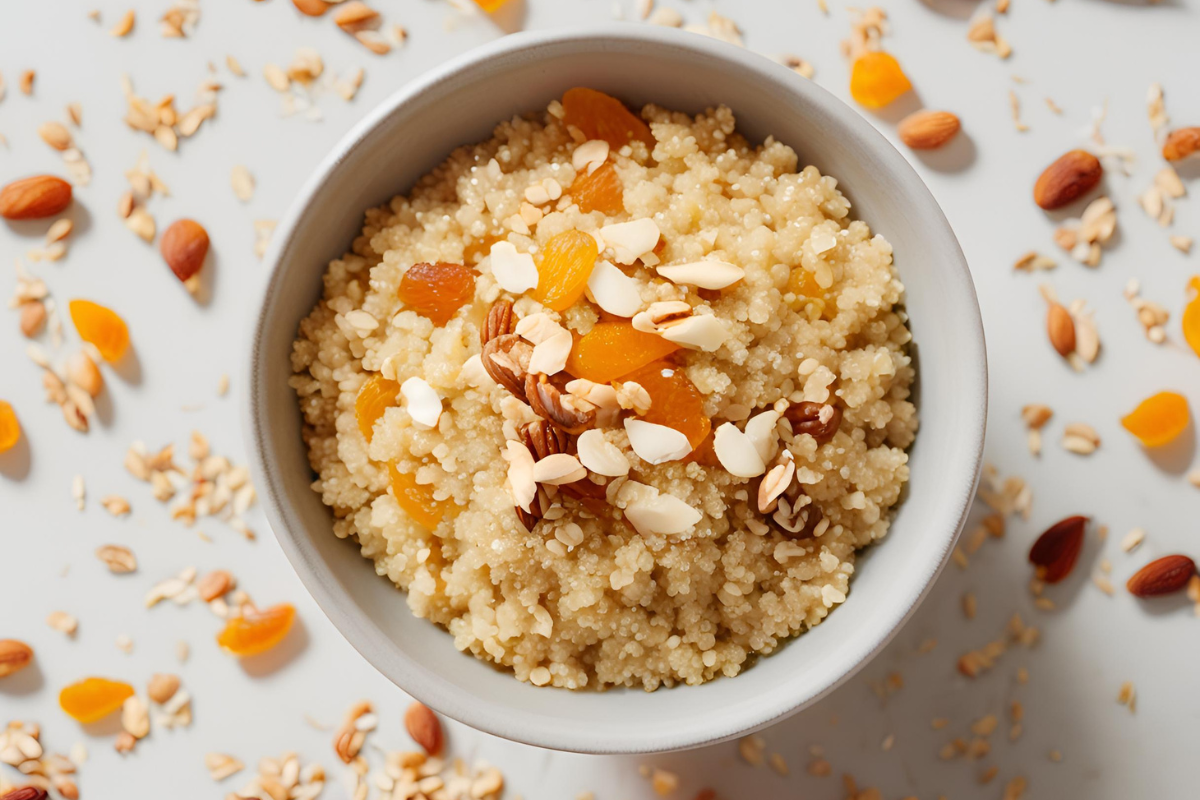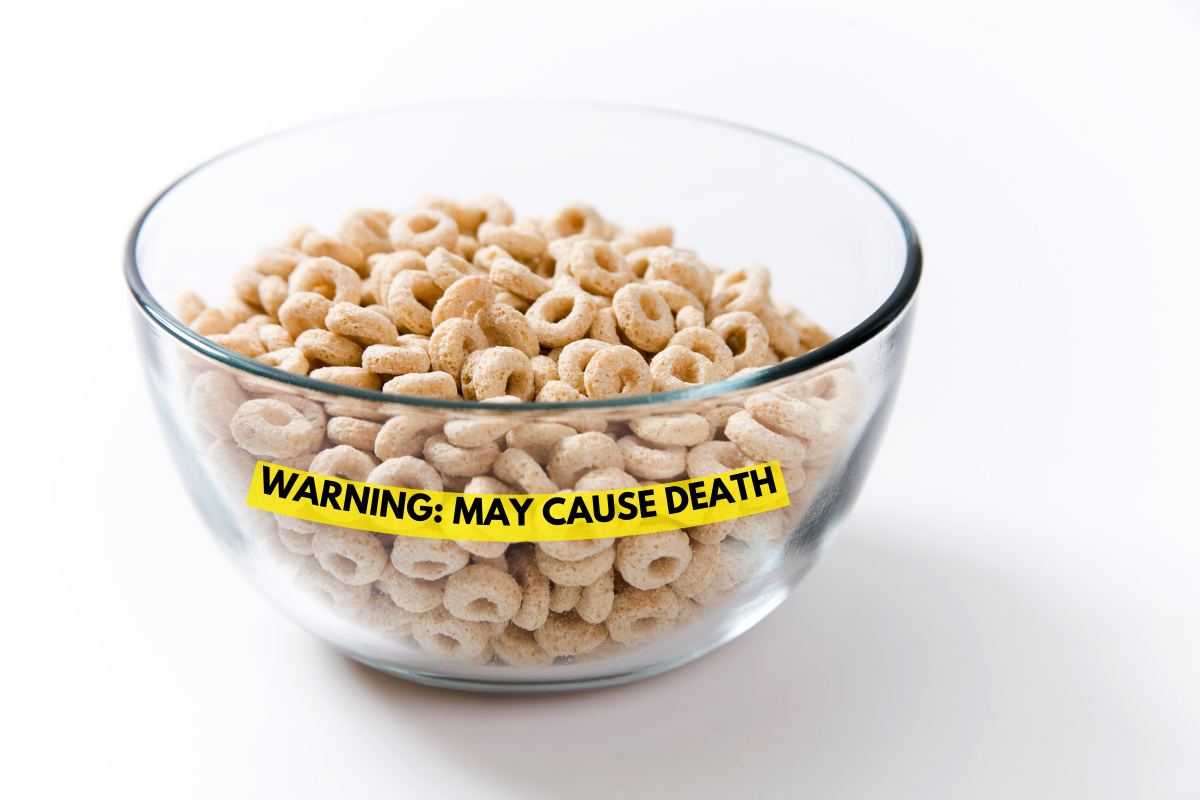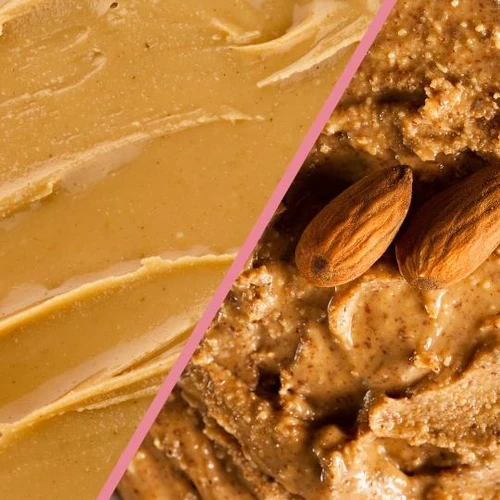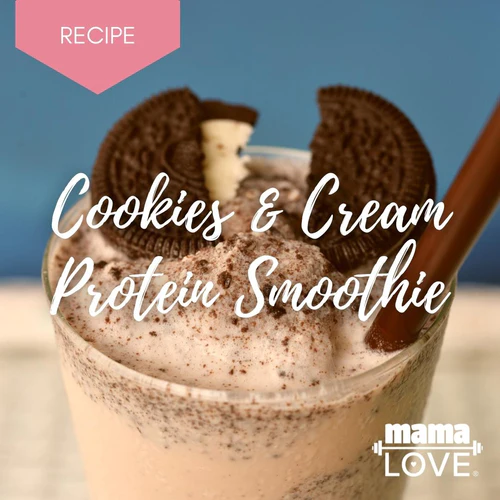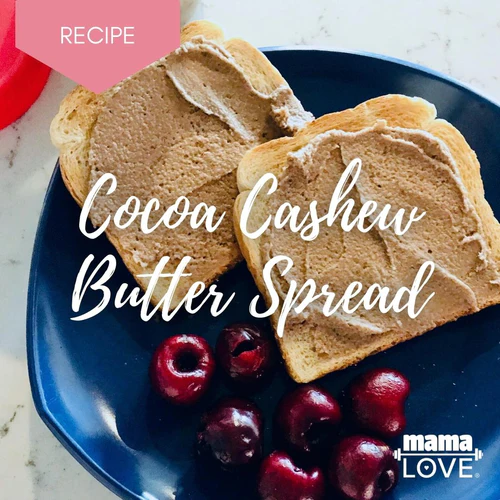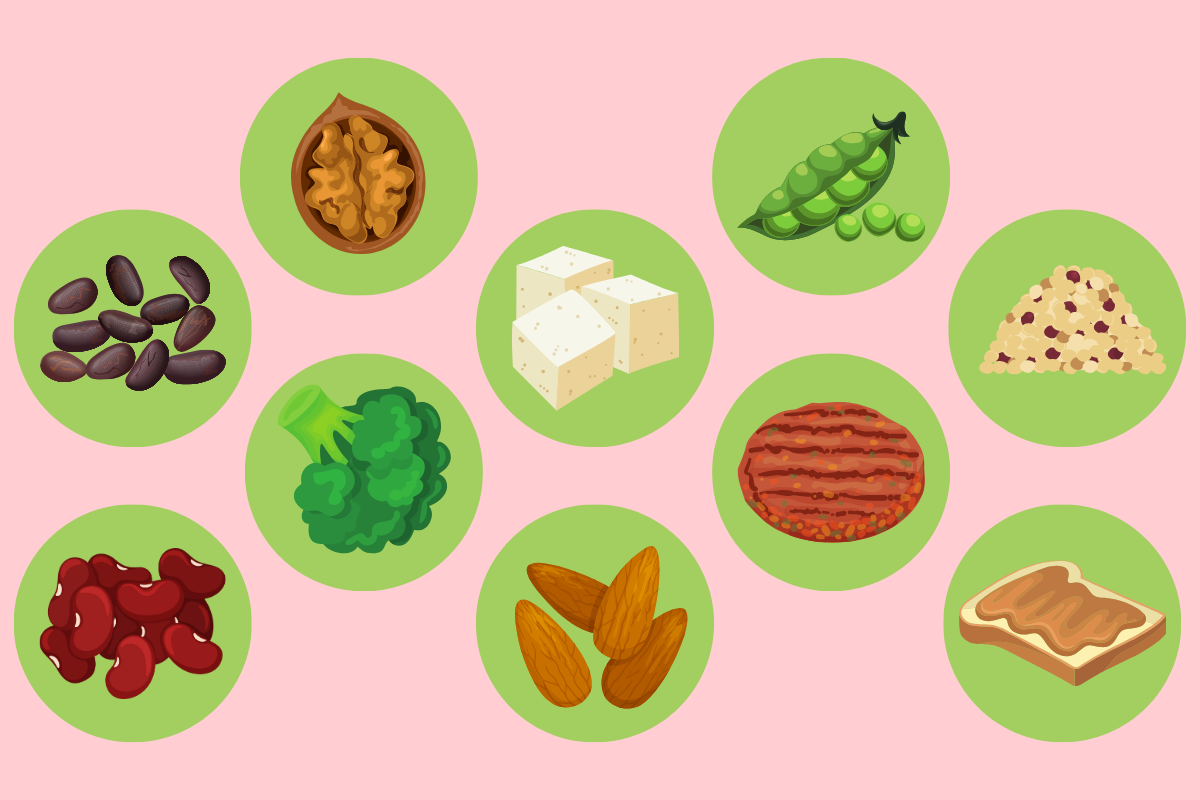
You’ve probably heard of Lactobacillus acidophilus—it’s the probiotic naturally found in dairy foods, like yogurt and kefir. And you may have heard some of the buzz about how probiotics can improve your health. Lactobacillus acidophilus has been shown to reduce the severity of irritable bowel symptoms (1), reduce cholesterol (2), and improve the body’s ability to deal with nasal allergies (3), among other reported benefits.
There’s no question Lactobacillus acidophilus is great for your overall health. But athletes and breastfeeding moms can experience even more benefits when it’s included in their diets.
Does Lactobacillus Acidophilus Support Muscle Recovery?
Even though Lactobacillus acidophilus hasn’t been linked to muscle performance or recovery, this powerful probiotic has been shown to improve the immune system in athletes. A study published in the British Journals of Sports Medicine reports that when fatigued athletes who had been training intensely were given Lactobacillus acidophilus for 4 weeks, their immune systems produced more sickness-fighting white blood cells (a.k.a. T-cells) (4).
You’re burning extra calories by nursing or pumping. You’re tending to up-all-night littles. You’re hitting your workouts hard to get those feel-good endorphins. Yeah, we think that puts you in the “fatigued athlete” category! A beast like you could use an immune booster—right, mama?
But what about your milk?
Is Lactobacillus Acidophilus Safe for Breastfeeding?
When it comes to supplements—the all-natural, over-the-counter kind or prescription-grade—it’s always best to talk to your doctor before adding anything new to your diet. Still, the medical community generally gives healthy moms a green light for probiotics (5). And while Lactobacillus acidophilus probably won’t increase your supply, there’s a chance it could turn your milk into a skin-soother for baby. Studies show that breast-fed infants are less likely to experience eczema or atopic dermatitis when mom takes supplemental probiotics (6).
Sources:
- Sinn, D.H., Song, J.H., Kim, H.J. et al. Therapeutic Effect of Lactobacillus acidophilus-SDC 2012, 2013 in Patients with Irritable Bowel Syndrome. DIGESTIVE DISEASES AND SCIENCES, vol. 53, Feb. 2008, pp. 2714–2718.
- Shimizu M, Hashiguchi M, Shiga T, Tamura Ho, Mochizuki M. Meta-Analysis: Effects of Probiotic Supplementation on Lipid Profiles in Normal to Mildly Hypercholesterolemic Individuals. PLOS ONE 10(10): e0139795 Oct. 2015.
- Zajac, AE, Adams AS, Turner JH. A systematic review and meta‐analysis of probiotics for the treatment of allergic rhinitis. ALLERGY & RHINOLOGY, vol. 5, no. 6, April 2015, pp.524-532.
- Clancy, R L, et al. Reversal in fatigued athletes of a defect in interferon γ secretion after administration of Lactobacillus acidophilus. BRITISH JOURNAL OF SPORTS MEDICINE, vol. 40, no. 4, April 2006, pp. 351-354.
- Elias, J, et al. Are probiotics safe for use during pregnancy and lactation?. CANADIAN FAMILY PHYSICIAN (MEDECIN DE FAMILE CANADIEN), vol. 57, no. 3, March 2011, pp. 299-301.
- Rautava, S, Kainonen, E, Salminen, S, Isolauri, E. Maternal probiotic supplementation during pregnancy and breast-feeding reduces the risk of eczema in the infant. ALLERGY AND CLINICAL IMMUNOLOGY, vol. 130, no. 6, Dec. 2012, pp. 1355-1360.

